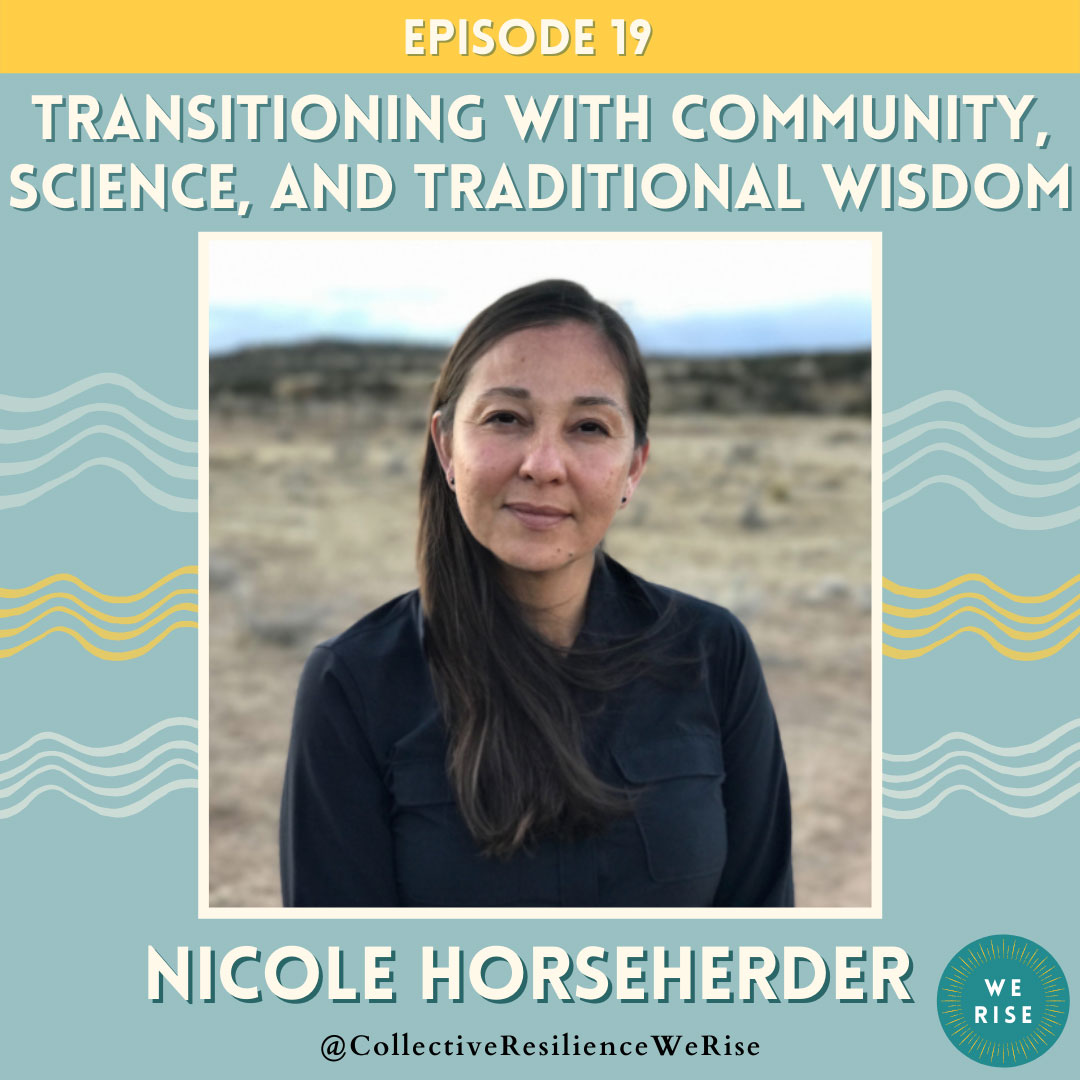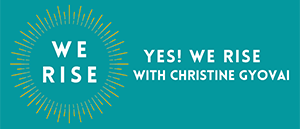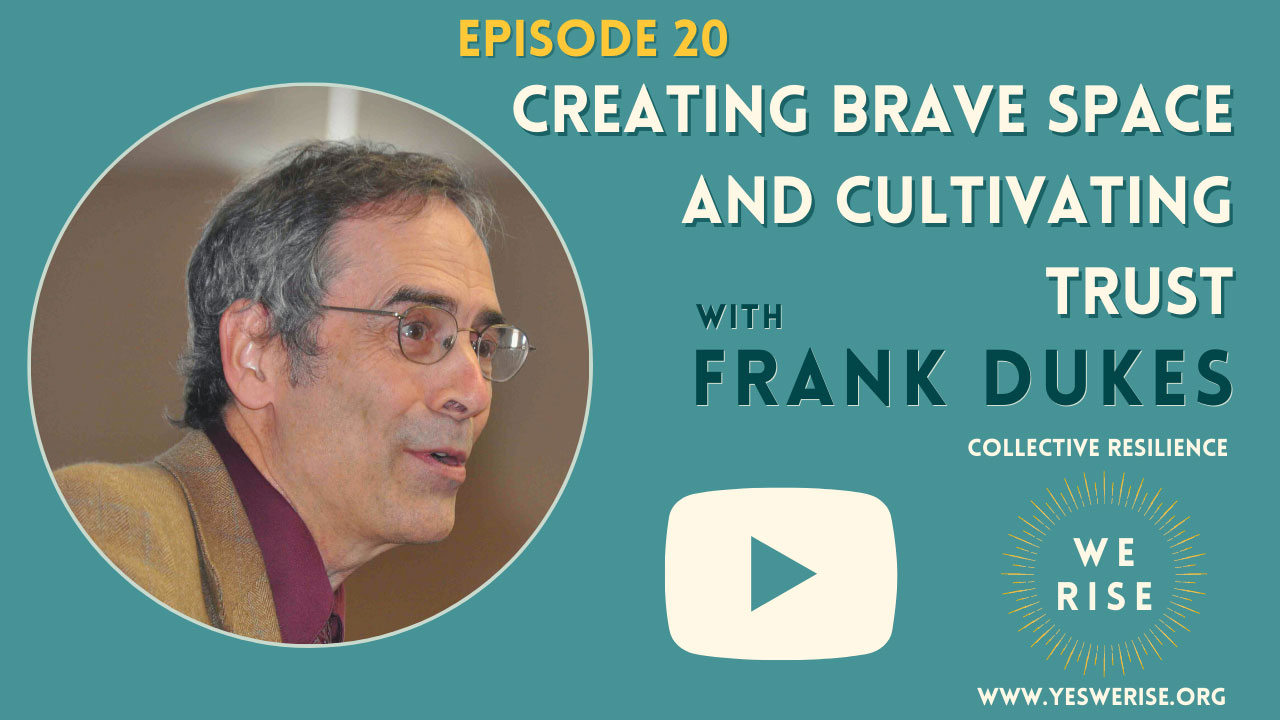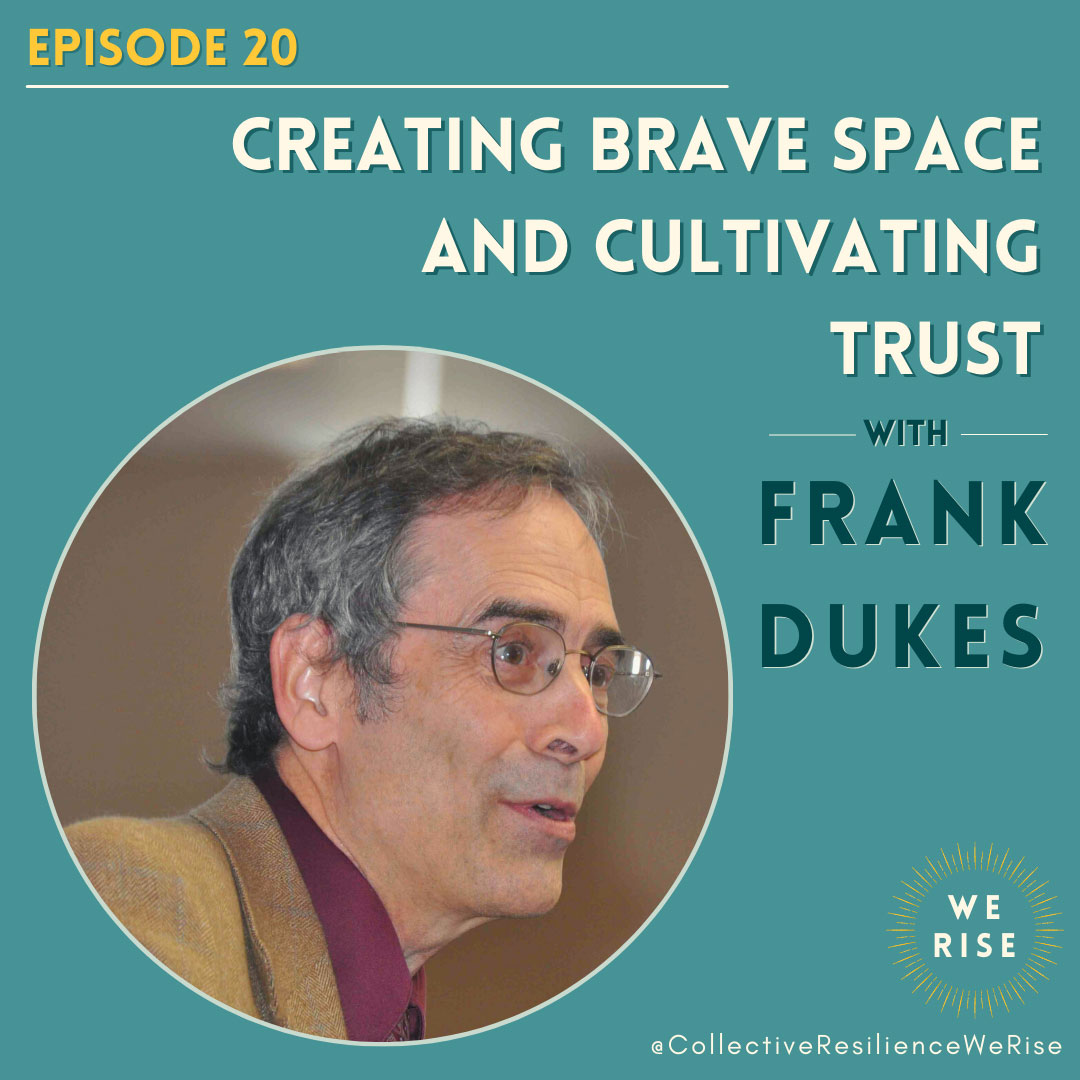
Episode 20:
Creating Brave Space and Cultivating Trust with Frank Dukes
Listen to the podcast on your favorite platform:
Apple Google Play Stitcher Spotify Amazon Music
Episode 20 Description
In today’s episode of the We Rise Podcast, Christine welcomes friend and mentor Frank Dukes to share about his work as a mediator and community leader. Facilitating conversations for communities on a wide range of issues, Frank shares the importance of conflict resolution and building trust. Hear about embracing uncomfortable conversations, creating brave space, and cultivating community. Enjoy!
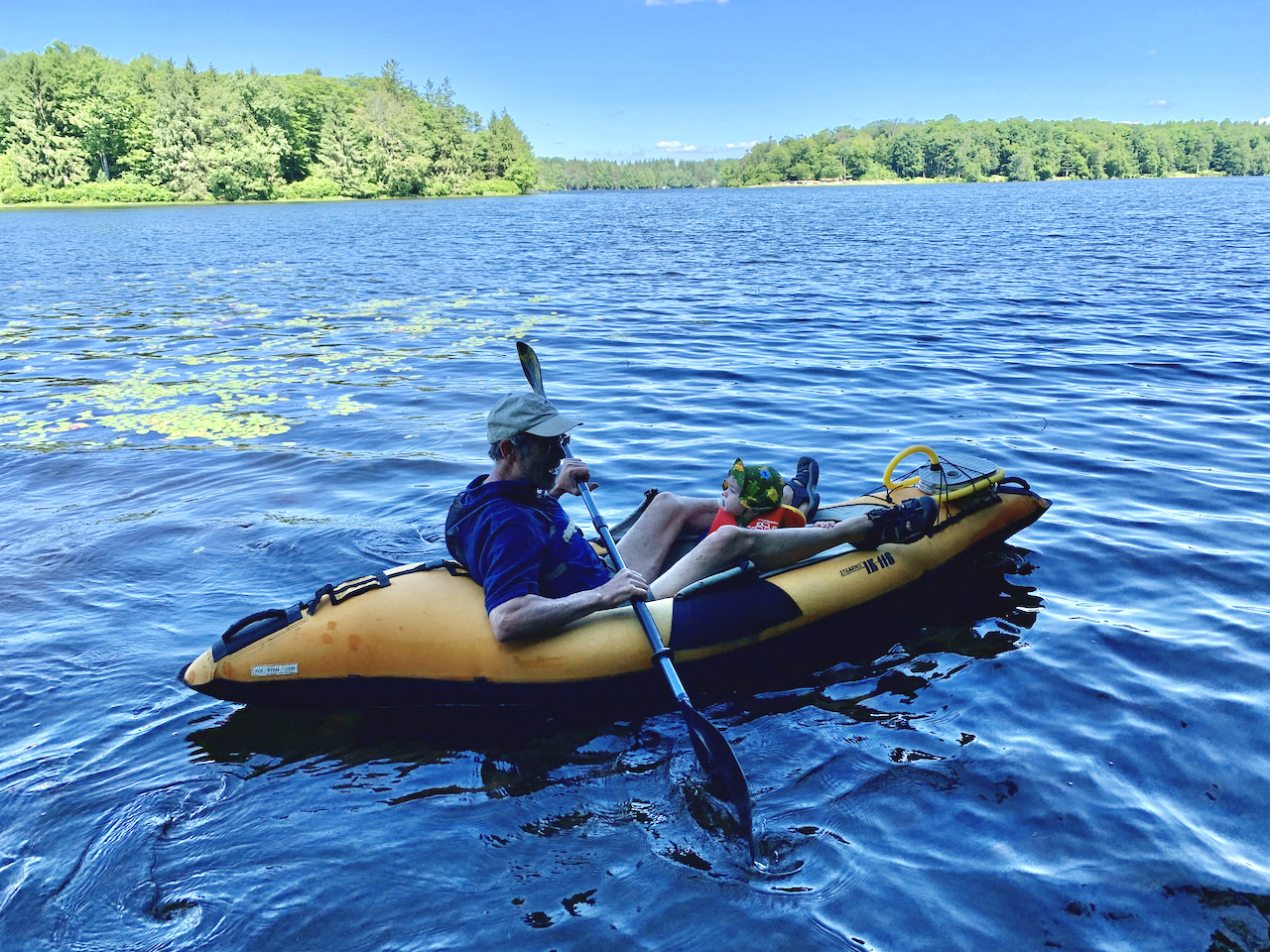
Frank Dukes received his PhD from George Mason University, and has worked at the University of Virginia for over thirty years. His current role is lecturer and distinguished Institute Fellow of the Institute of Engagement and Negotiation. Frank is a changemaker in helping communities navigate their differences and come together to create movement toward a better future.
Download the show Notes
find this episode on youtube
Key takeaways
Embracing uncomfortable conversations and maintaining balance
In the 2000’s while visiting Southwest Virginia, Frank engaged in several conversations, along with Christine, where community members spoke of wanting a space that was beyond being “for” or “against” coal – but where they could talk about what they wanted for the future of their communities. The Clinch River Valley Initiative (CRVI) was born from those conversations. In the broader region, schools were being closed, conflict was taking place around mining and there was a significant decline in the coal industry. Reaching out to the community, the Institute for Engagement and Negotiation (IEN) got to work working with community leaders and community members.
After doing preliminary work to speak with the community members and listening about their vision for the future, a meeting around building local economies was held at the University of Virginia’s College at Wise, where they discussed the community’s economic and environmental future. At the end of the discussion, there was a desire to continue the conversations, and CRVI was born and continues today.
There are many different types of mediators and facilitators, and Frank creates space for sharing varying perspectives in a conversational way in community meetings. As individuals share their views, they often come to realize how the community has common core values. Maintaining balance and making sure all perspectives are heard equally is also vital. Facilitators hold space for emotions to be expressed, heard, and understood, which is different from someone venting or attacking opposing views.
The power of brave space and the role of third party mediation
To create a safe space, Frank makes sure participants know hard and uncomfortable conversations will be taking place. Comfort does not equate to safety. Instead of avoiding conflict, Frank encourages individuals to embrace the discomfort. He calls this brave space. Sometimes it means writing down the topic and scheduling a time to specifically discuss that issue, while other times it means teasing it out in the moment.
A core role Frank holds as a facilitator revolves around being a third party in these discussions. While not taking a stake in an issue, being a third party advocate can ultimately lead to equitable collaboration down the road.
Different from neutrality, being effective as an independent third party requires caring deeply about folks and their concerns. People need to know they are being heard and that they matter. Frank believes this genuine care for the community was core to the effectiveness in what led to the creation of the Clinch River Valley Initiative.
Everyone brings different views to the table, which leads to conflict of opinion. In mediation, Frank incorporates the concept of “truth telling” and “truth seeking”, both key elements to equitable collaboration. Truths include the meaning of facts, histories, and oftentimes the stories we tell. Frank endeavors to help communities move past oppositional viewpoints through storytelling. He sees this as the way to shared understanding.
In 2014, Duke Energy Facility in North Carolina had an enormous coal ash release into the Dan River, causing negative environmental, community and economic impacts. Taking ownership of their mistake, they invested over $100 million dollars in emergency clean up measures. They additionally reached out to IEN in hopes of creating a space to hear from community members affected by the coal ash. In the end, Duke Energy created a fund to directly address the community’s concerns and needs.
Discovering resilience by honoring trauma and history
In order to create safe spaces for conversations to occur, Frank seeks to understand the role trauma plays on the communities they are working with. Trauma can be a significant hindrance to people speaking up about their needs and concerns.
For Duke Energy, the representatives of the company were not responsible for the coal ash release, yet were suddenly seen as being part of a company that caused harm to the broader community. While trauma may be situational, it can also be environmental. Acknowledging the impact of trauma is truly a point of resilience.
In the early 2000s, Frank’s work was focused on heavily contaminated sites, and through clean-ups, the history of different locations surfaced. In one situation outside of Seattle, Washington there was a harbor spill being cleaned up that was in the middle of the first Japanese-American concentration camp. This sparked conversations around how to honor the history of that area, and the beautiful Bainbridge Memorial was eventually built.
Frank believes communities that address their harmful histories will ultimately be more resilient than those who ignore it. Building resilience means paying attention to historical harms. Doing this at the University of Virginia starting in the mid 2000’s, Frank began looking at the disparity between African American staff and students.
Frank and others at the university began a project known as UCARE: The University and Community Action for Racial Equity. Their vision is to tell the truth of their history and the impact of the university on the community, to the extent that it was a racialized history.
Since starting UCARE, one student advocated for the creation of a monument for the enslaved population. Over the course of a few years, the Board of Visitors at the University of Virginia hired a committee in 2016 to create the memorial. The outcome was not only the Memorial to Enslaved Laborers, but also the development of a descendants’ group of the enslaved workers at the University of Virginia.
The work is ongoing, but Frank remembers to maintain both patience and persistence as the work moves forward.
notable quote from Frank
“Within the work that I do, people tend to talk about joint fact finding: the idea that an understanding of one another’s situation can be done better if you can get people talking honestly and authentically, and listening honestly and authentically to one another, to develop a wider shared understanding.”
Links/resources mentioned
Learn more about Frank Dukes and his work at the Institute of Engagement and Negotiation.
Discover more about the work of the Clinch River Valley Initiative.
Find out more about the Bainbridge Memorial.Learn more about UCARE: The University and Community Action for Racial Equity and the Memorial to Enslaved Laborers.
The Yes! We Rise podcast is produced by Dialogue + Design Associates, Podcasting For Creatives, with music by Drishti Beats.
Follow Yes! We Rise on Facebook and Instagram.
Please rate, review, and subscribe to the podcast so we can continue spreading our message far and wide. Find our email list at the website: www.yeswerise.org.
Thanks for listening.
Don’t miss an episode — follow us on Spotify and subscribe via Apple Podcasts, Stitcher, Google Play, or Amazon Music and please leave us a review wherever you listen.
Jump to:
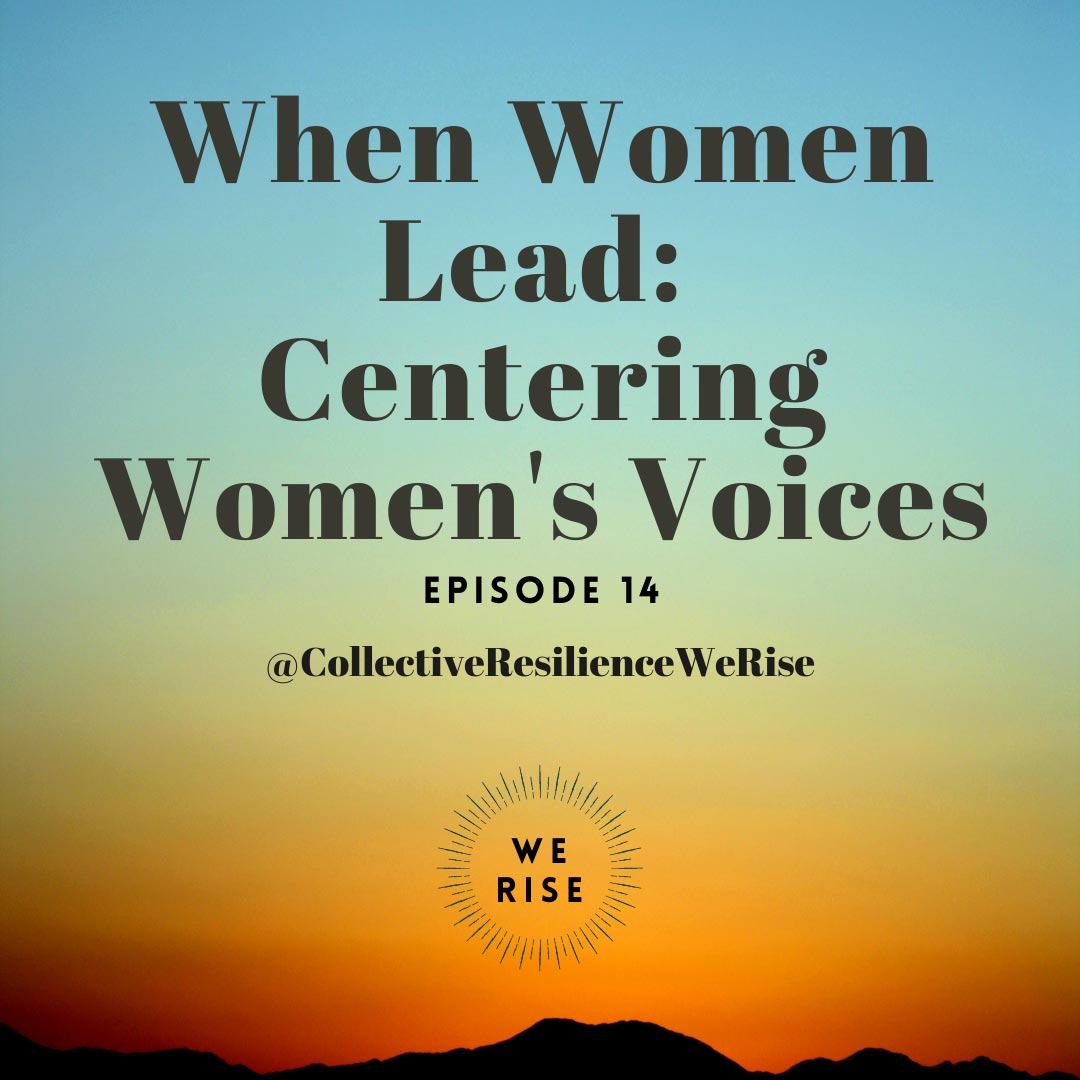
Episode 14
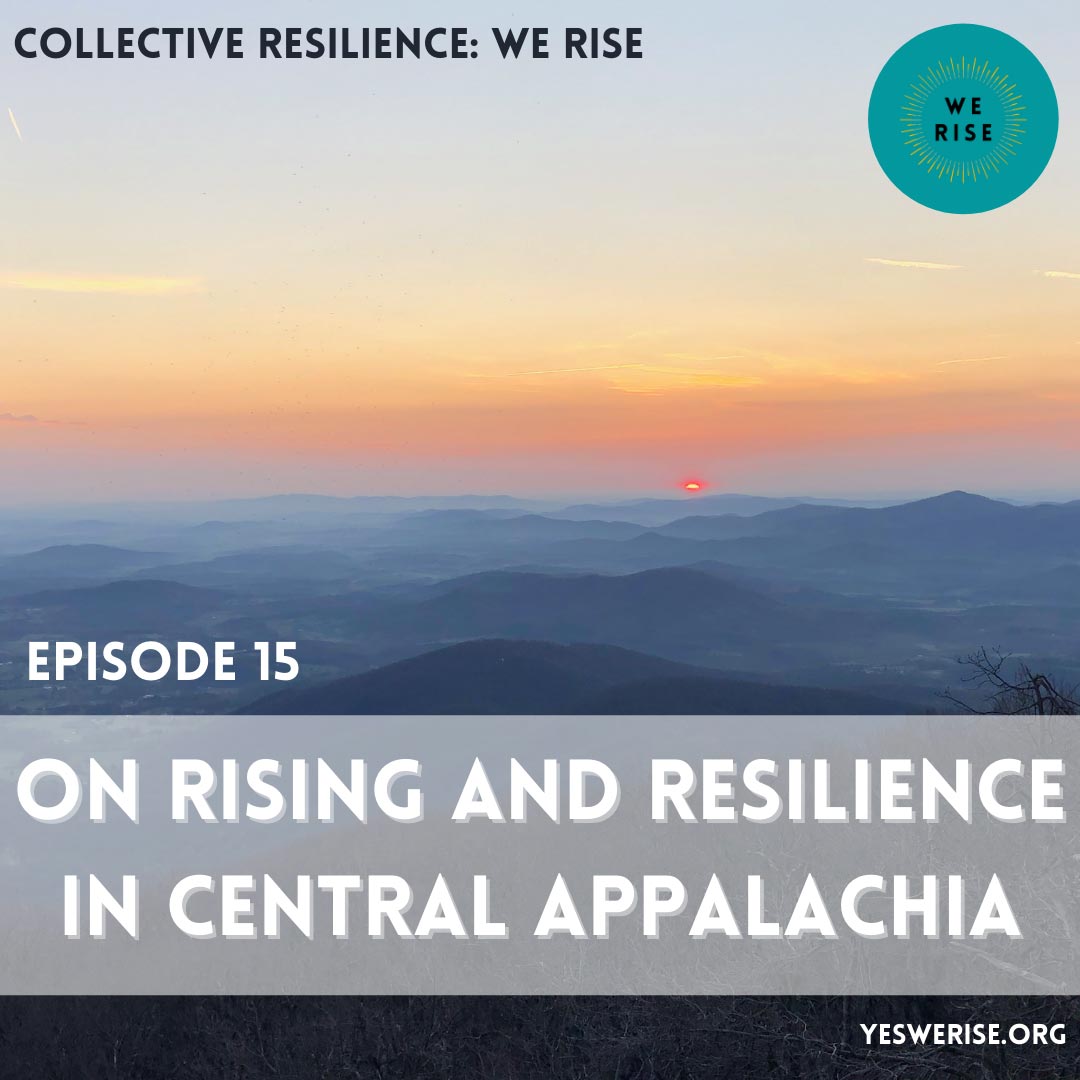
Episode 15
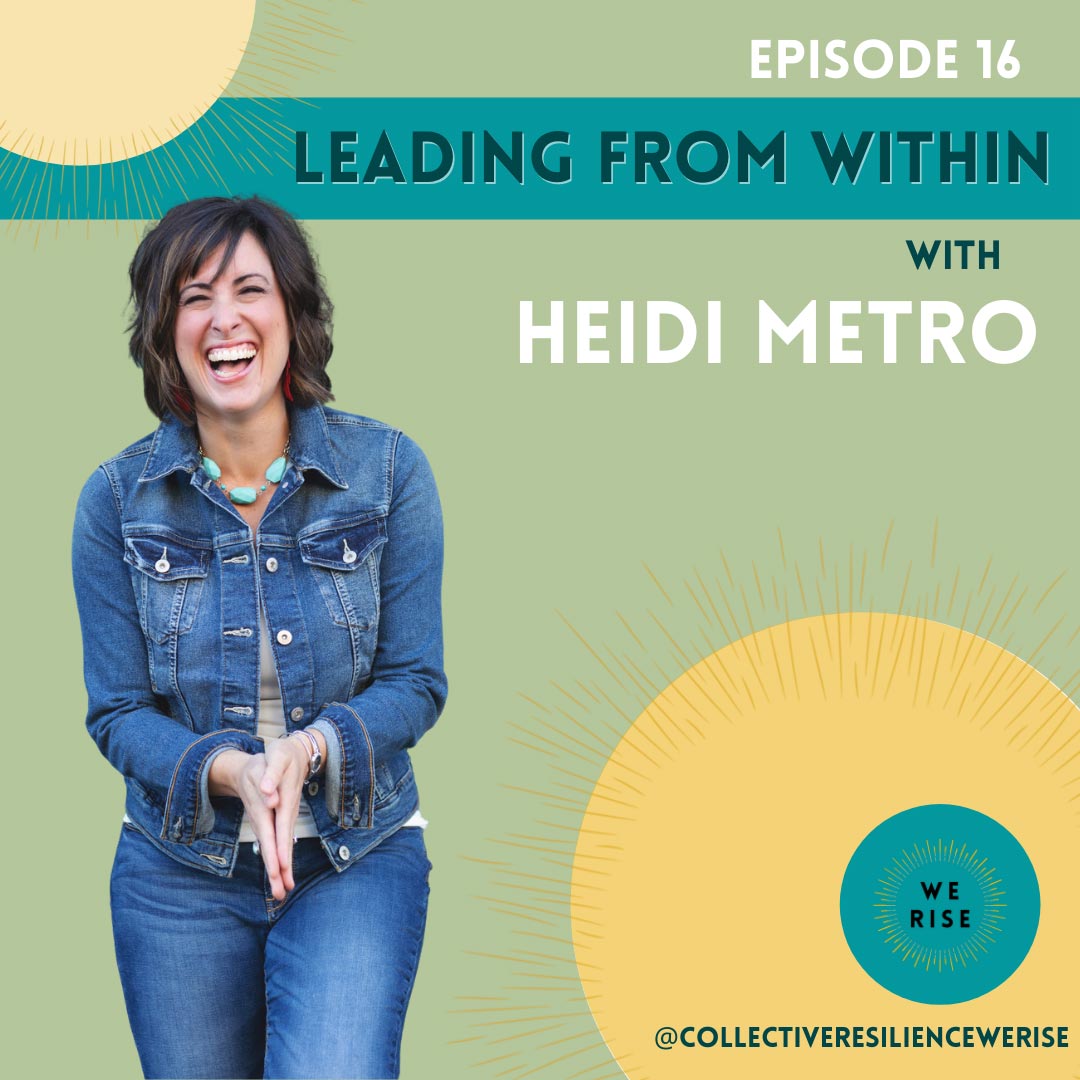
Episode 16
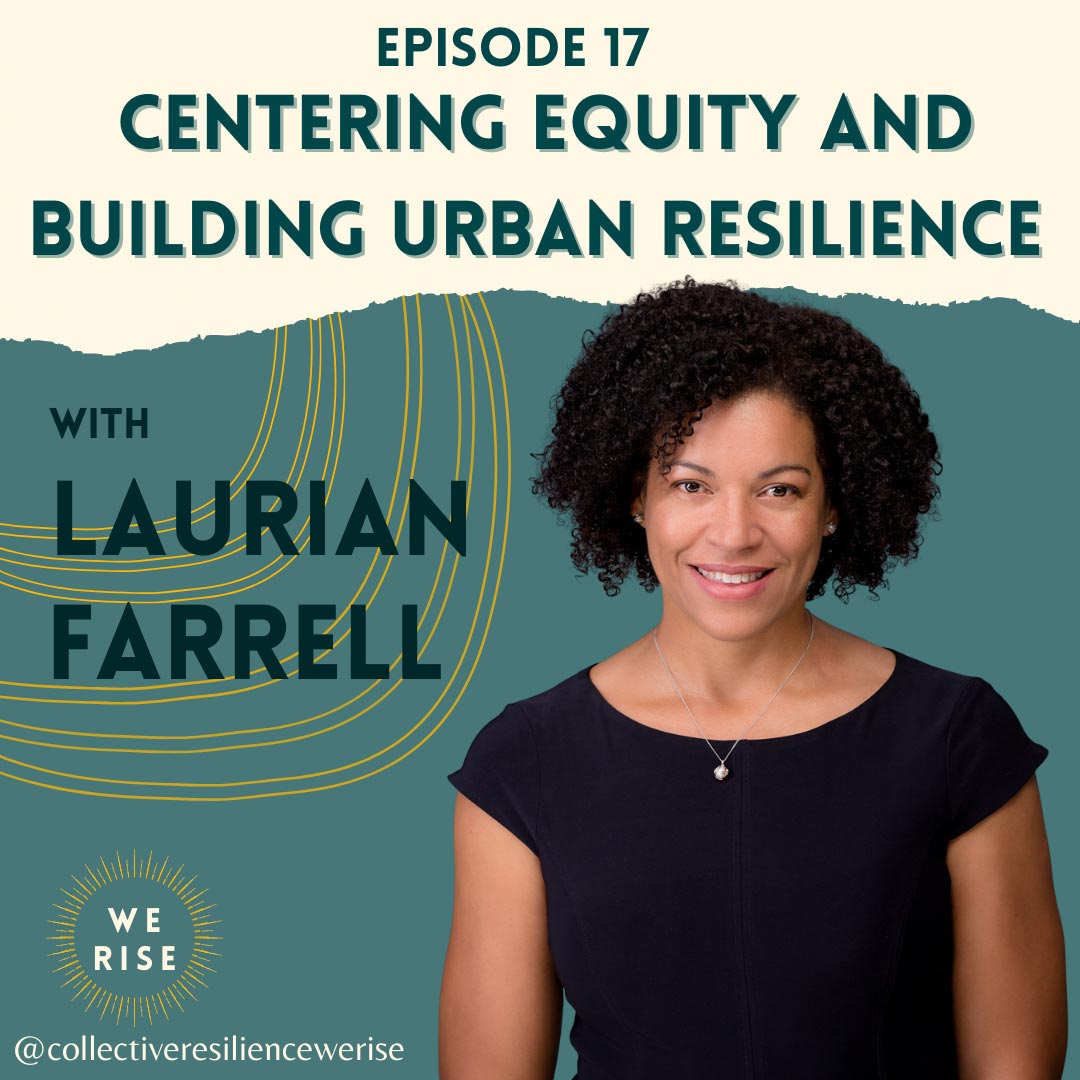
Episode 17
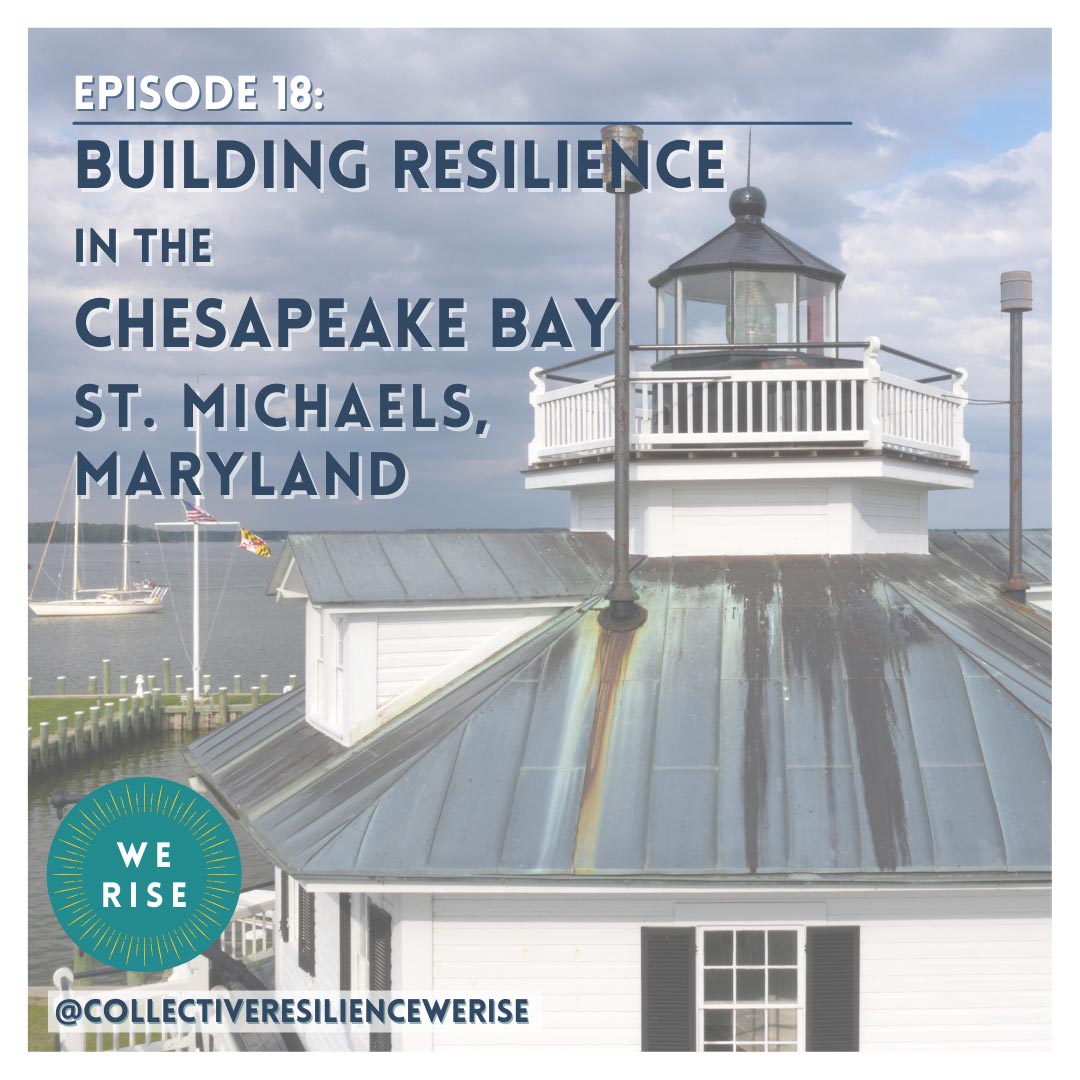
Episode 18
